Key Result Area 1
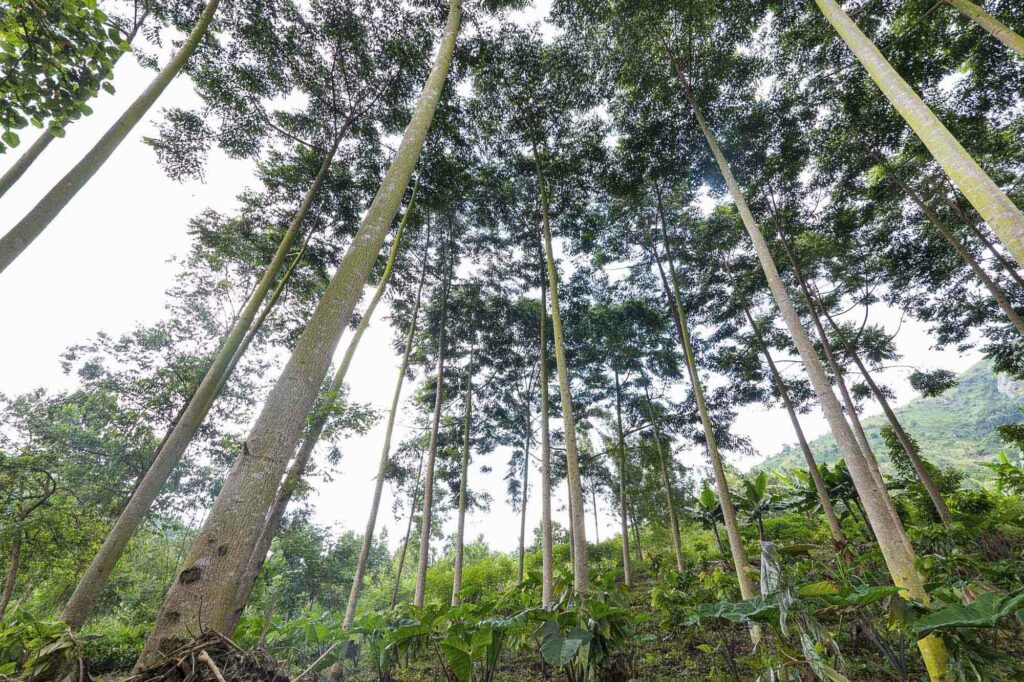

Programmes
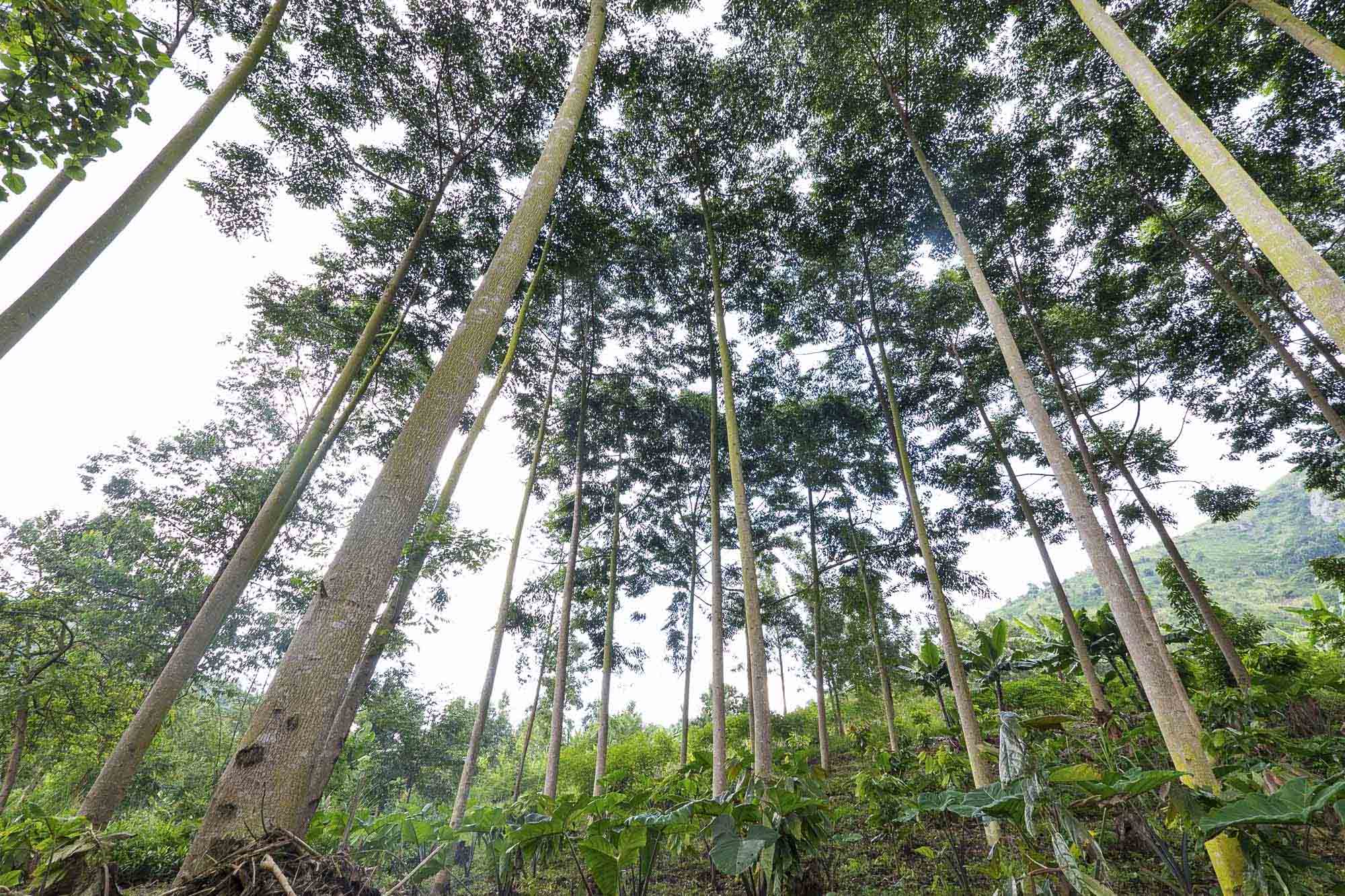
Trees for Global Benefits





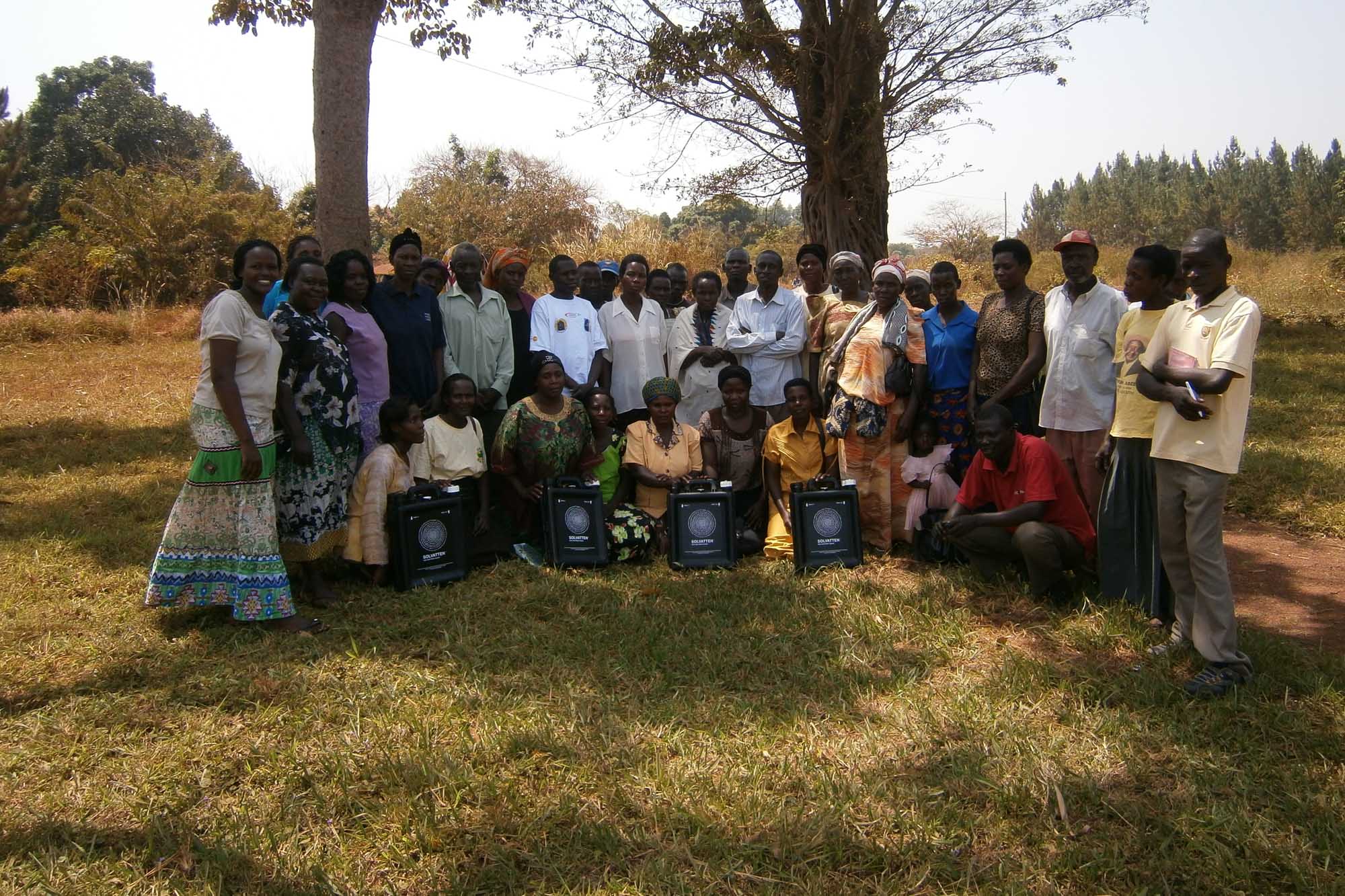
Renewable Energy



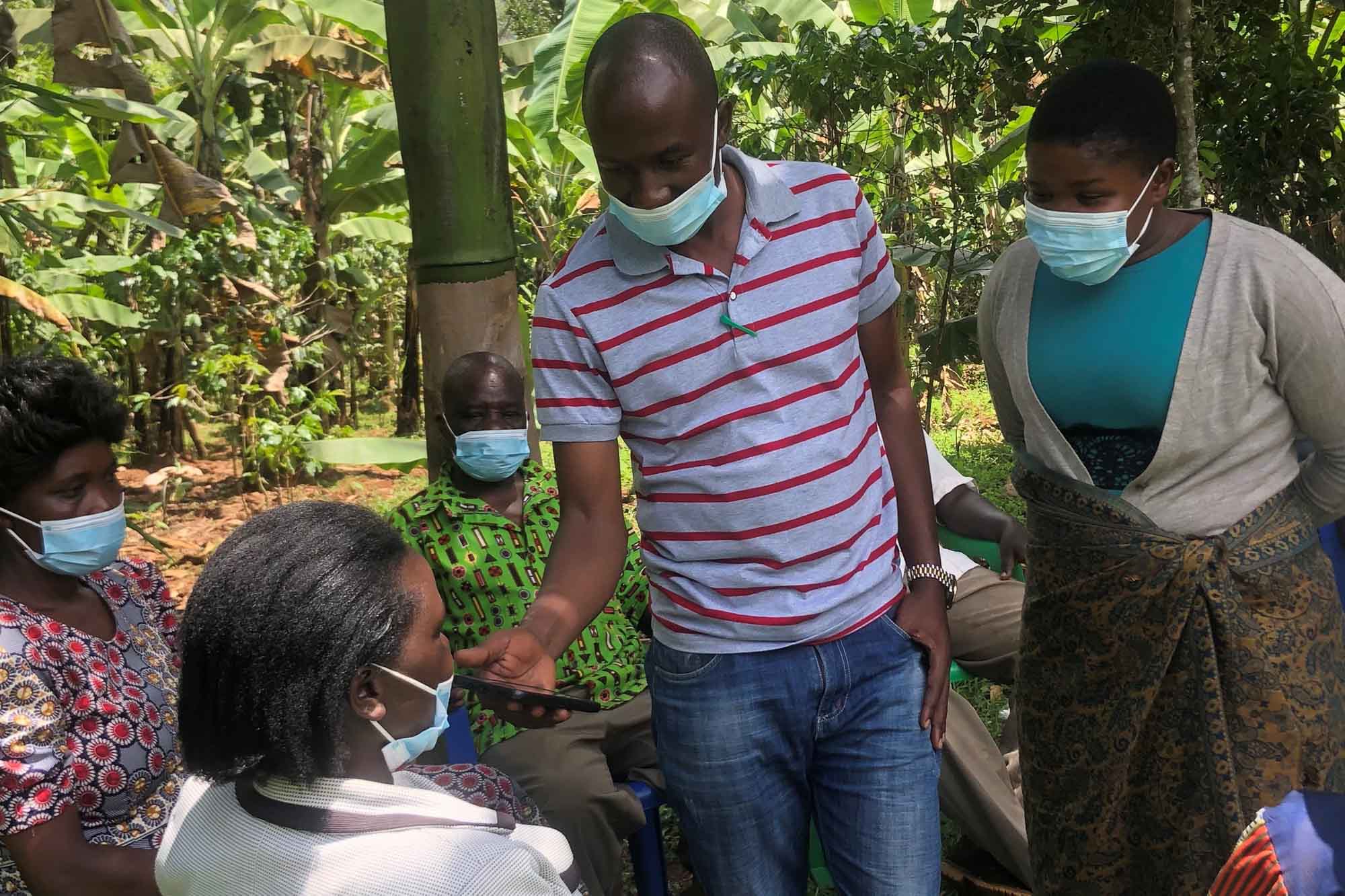
Farmers' Voice Radio (FVR)





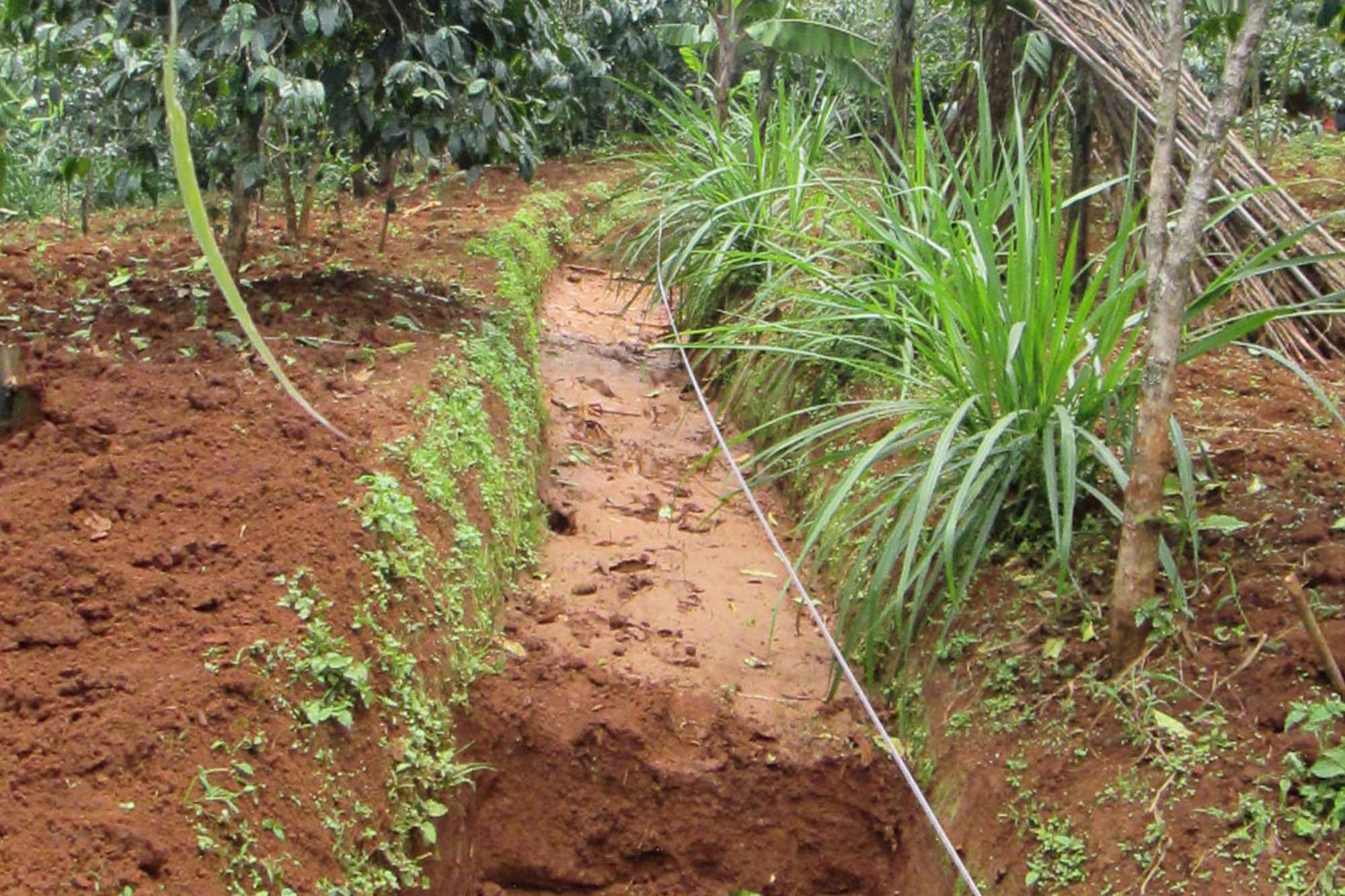
Ecosystem Based Adaptation (EBA) for Mount Elgon
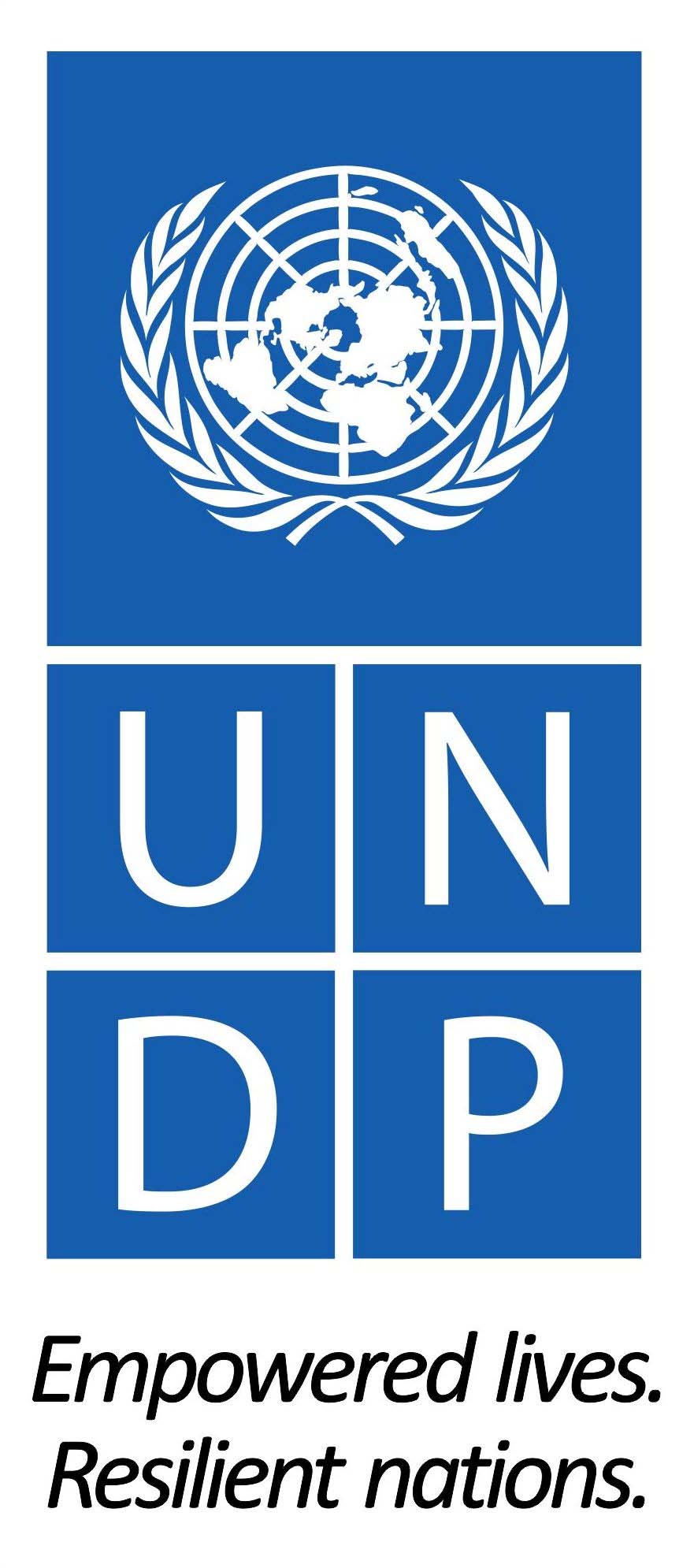

Mpologoma Catchment Restoration Project
Summary of Key Strategies
Increase community awareness on vulnerability, early warning, adaptation, and disaster risk reduction
Ecosystem Based adaptation : supporting smallholder farmers to adopt soil & water conservation activities
Community Visioning: to identify sustainable long-term commercially viable initiatives / activities that suit community needs.
Farmers’ Voice Radio : To mitigate risks associated with natural disasters and build resilience of communities through engagement with experts over local radio.
Establishment of farmer field schools: To share experiences in adaptation strategies
Remote Sensing : To provide real time satellite data on the state of natural capital, linking to disaster risk reduction platforms.
Promote climate smart technologies and/or landscape level resource use practices
Agroforestry : to build the resilience of smallholder farmers and their natural productive systems by increasing / maintaining woody biomass.
Affordable renewable energy technologies : to make energy efficiency a reality for thousands of rural poor households.
Restore and protect risk-prone communally accessed natural resources
Land-use Planning : Each household is treated as an economic unit which is supported to develop a land use/ adaptation/business plan that integrates sustainable land management techniques (SALM) into household livelihood strategies.
Influence landscape level by-laws on conservation and response to climate risk
Collaboration with district local governments : to create stronger legal instruments to protect land and build the capacity of communities for understanding the benefits of their resources and need for the sustainable management.
Support formulation of community by-laws : to address issues of, free grazing, loss of tree cover, conflict with protection agencies, forest encroachment, gender inequality, displacement etc. through.
- Consultations with district officials and community leaders
- Community mobilization at village, parish, and sub-county level
Facilitate MoUs between protection agencies i.e. UWA & NFA and local communities’ groups to address issues of poor governance around natural resources management
Establish community-based conservation incentive and risk mitigation schemes
Forest Landscape Restoration (FLR) as a business : providing smallholders with diversified income generation opportunities, as a reward for investing in sustainable practices.
Payment for Environmental Services: Mobilizing Foreign Direct Investment in Smallholder – led Agroforestry through PES
Non – Cash Rewards: supporting participating farmers with capacity building, access to markets, affordable credit finance etc.


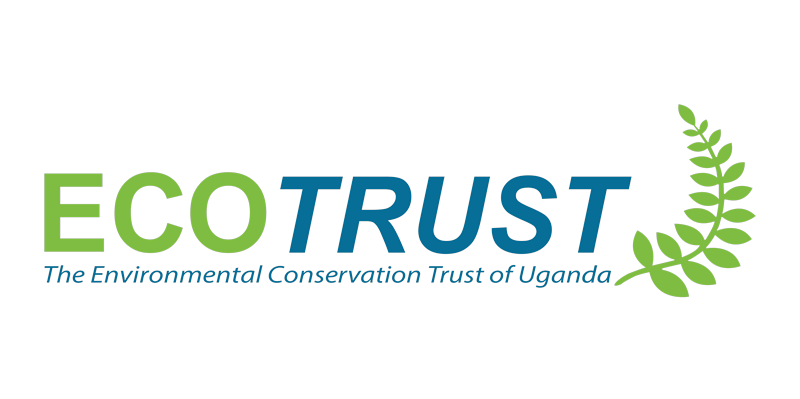
Follow Us On